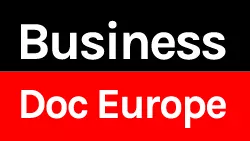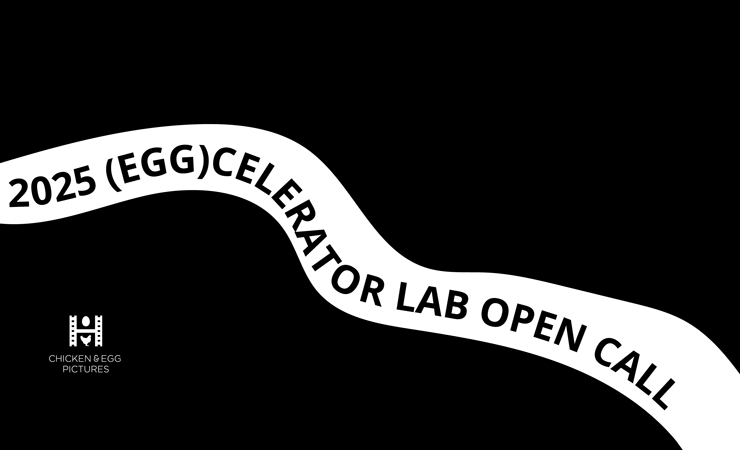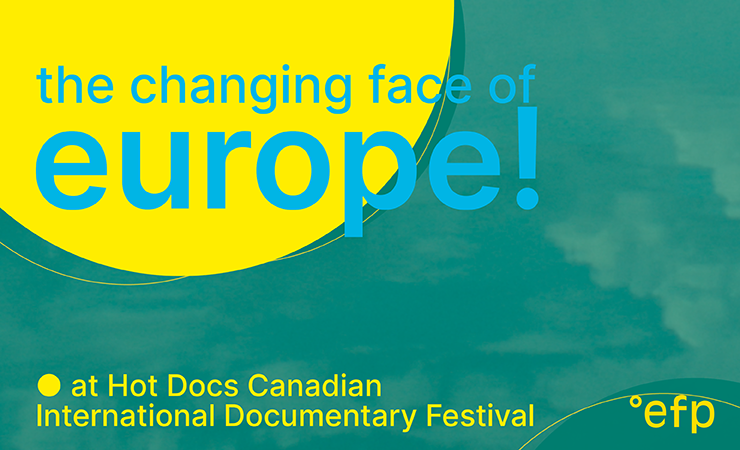
A nine-year-old kid is kidnapped and dragged away into the African bush by the Lord’s Resistance Army (LRA) led by Ugandan warlord Joseph Kony.
Years later, that little boy is a grown man, standing trial for war crimes at the International Criminal Court (ICC) in the Hague. The charges against him are long and severe, including murder and sexual violence. The white judges are clearly troubled by his case. There is a strong count-argument that Dominic Ongwen is himself a victim. If Kony’s men hadn’t come for him, he would never have committed these crimes.
Maybe history is to blame too. If white colonialists hadn’t pursued their policy of divide and rule in Uganda, the internecine conflict that led to his kidnapping might never have happened.
Difficult moral questions are confronted in the new documentary Theatre Of Violence, directed by filmmakers Emil Langballe and Lukasz Konopa (who first met as fellow students at the UK’s National Film and Television School). The film, produced through Made in Copenhagen and a world premiere in the Dox:Award section at CPH:DOX, is sold internationally by Dogwoof.
“That is what we are trying to convey in the film, the case it is very complicated. There are many layers to it,” co-director Lukasz Konopa reflects.
Once Ongwen became an adult, he was considered fully responsible for his actions by the ICC under western law. His childhood traumas were viewed only as a mitigating factor. In Uganda itself, the perspective on Ongwen’s crimes is different.
“Many people see him as a victim, as a boy whose life was interrupted by this abduction. Some don’t understand this line that we [have] in the west that once you become an adult, you suddenly stop being a victim,” Konopa observes.
The Polish filmmaker’s feelings toward Ongwen “fluctuated” over the six-year period during which he and Langballe were making their film. “Sometimes, when we explored the brainwashing he went through and the horrible crazy environment he grew up to, I started to feel sorry for him…at other times, we were more focused on his victims.”
Nonetheless, Konopa believes the 25-year sentence given to Ongwen “is a bit too harsh because he is a broken man. From the age of nine, he grew up in this place where he was taught to kill and he was completely brainwashed.”
The filmmakers were “very much aware” of their position as white Europeans telling an African story. “Before embarking on this journey, I looked at the ICC as a very positive institution…but we discovered serious problems with the ICC approach. One problem was that only one side of the conflict was on trial,” Konopa notes. The court wasn’t looking at the terrible crimes committed by the Ugandan government itself.
In the documentary, there is a striking contrast between the formal and sanitised atmosphere of the European court itself, with their judges in their robes and the chaos and colour of everyday life in Uganda itself.
“That was something we discovered very quickly. To be honest, we didn’t even have to work too much to stress that contrast because it is so striking. It is in the architecture and the way people behave and people dress.”
The filmmakers follow lawyer Krispus Ayena as he travels the country, preparing Ongwen’s defence. Ayena is a charismatic and perceptive figure. He comes from a region of Uganda that suffered terribly at the hands of the LRA but that doesn’t stop him acting for Ongwen.
“He [Ayena] is a perfect character for a documentary, someone with a lot at stake. His personality was also larger than life. He is, first of all, an amazing storyteller. He used to be a Member of Parliament. I think his storytelling skills maybe come from his profession. As a lawyer, he strongly believes that everyone has a right to a defence but at the same time, there was a political angle. He wanted to use this trial as a platform to show the western-based court how the political situation in Uganda resulted from being part of a British protectorate.”
When westerners hear descriptions of the warlord Kony they may be reminded of the fictional character Kurtz in Joseph Conrad’s 1899 novella ‘Heart of Darkness’ and in its Vietnam-set movie adaptation Apocalypse Now. He’s the evil genius who the authorities simply can’t get near. Ayena, though, gives a different perspective on the warlord and self-styled prophet associated with so much death and destruction. In person, the lawyer tells us, Kony is actually very charming and humorous – a nice guy, at least if you get him on a good day.
Having met as film students, Langballe and Konopa decided to combine talents in a workshop run by CPH:LAB. They started work on another project (still to be completed) before turning their attention toward the Ongwen trial.
“We don’t have a clear division between who does what. It comes very organically,” Konopa says of the way the two directors work together. “We managed to finish the film without bigger conflicts. We are almost always on the same page.”
Konopa likens Ongwen to a character in a Greek tragedy. “The moment of his abduction was a moment which turned his life completely upside down…we learn that he was the best in his school, a very obedient, smart boy. In a way, this became his curse because I see him as someone who wanted to please Kony and the people who were training him. Maybe if he was more of a slacker, he would have got out of there quicker. I see it as a story with no happy end.”
After CPH:DOX, Theatre Of Violence will screen at Movies That Matter in the Hague, the home town of the ICC. Screenings in Uganda are unlikely given the volatile political situation but the documentary will be screened in Kenya and in London where there is a large Ugandan population.










